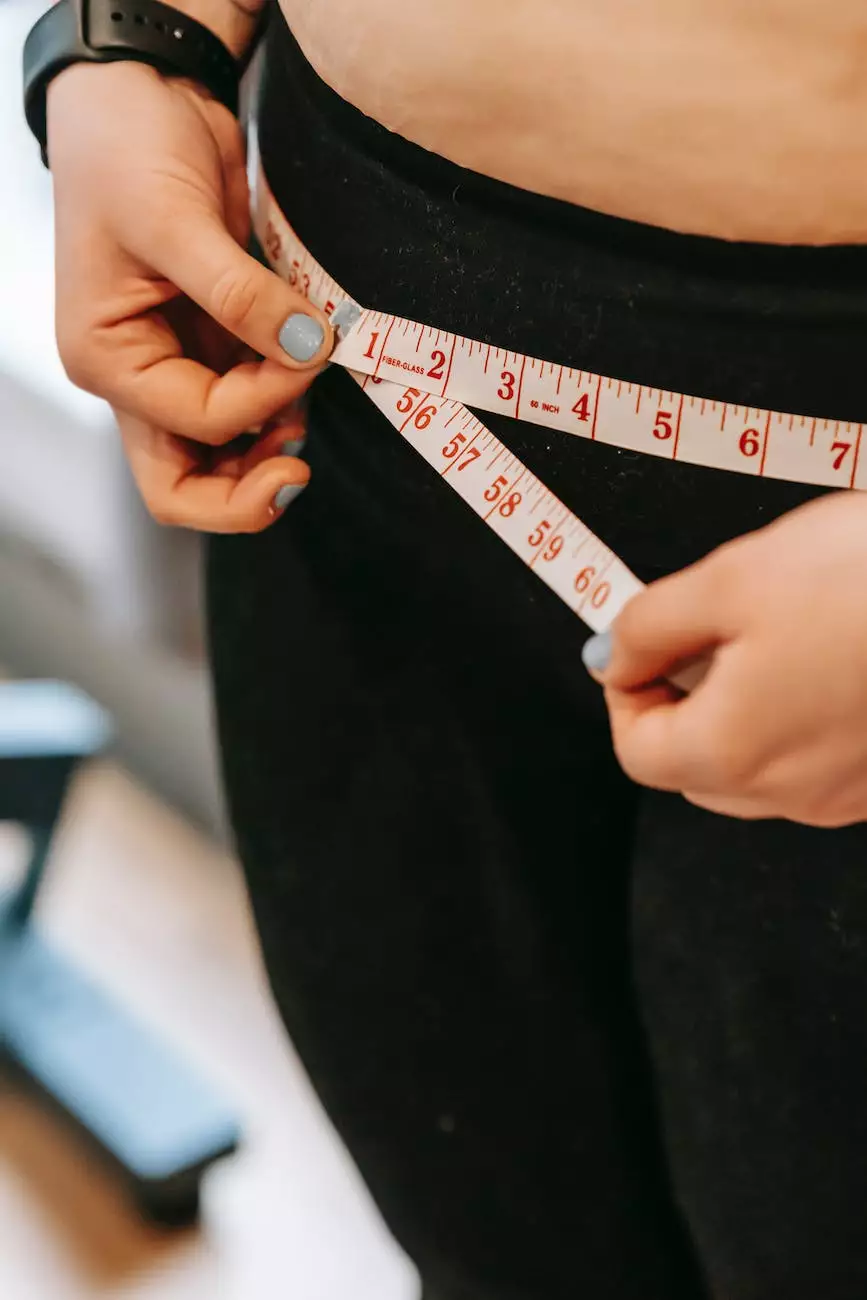A Pet's Guide To Weight Loss

The Importance of Maintaining a Healthy Weight for Your Horse
As a responsible horse owner, ensuring that your beloved equine companion maintains a healthy weight is crucial. A horse that is overweight or underweight can experience various health issues, impacting their overall well-being and performance.
At Lasers4Horses, we understand the significance of weight management for horses. Our comprehensive guide will provide you with expert tips and insights on how to help your horse achieve and maintain a healthy weight.
Understanding Your Horse's Ideal Weight
Before embarking on a weight loss journey for your horse, it is essential to determine their ideal weight. Every horse is unique, and factors such as breed, age, and activity level must be considered.
Consulting with your veterinarian or an equine nutritionist can be valuable in assessing your horse's current weight and establishing a target weight range. These professionals can develop a customized weight loss plan tailored to your horse's specific needs.
The Risks of Overweight Horses
An overweight horse can experience a range of health problems, including:
- Increased risk of laminitis
- Joint and mobility issues
- Reduced stamina and performance
- Digestive disorders
Understanding the risks associated with obesity in horses highlights the importance of maintaining a healthy weight.
The Dangers of Underweight Horses
On the other hand, an underweight horse may face challenges such as:
- Muscle wasting
- Decreased immunity
- Lack of energy
- Inability to regulate body temperature
It is crucial to identify and address the underlying causes of underweight in horses promptly.
Creating a Balanced Diet Plan
Achieving and maintaining a healthy weight for your horse involves providing a balanced and nutritious diet. Here are some essential considerations when creating a diet plan:
Quality Forage
Forage is the foundation of a horse's diet. Ensure your horse has access to high-quality hay or pasture. Monitor their intake to prevent overgrazing or excessive calorie consumption.
Grain and Supplementation
Consult with a qualified equine nutritionist to determine if your horse requires grain or supplementation. A professional can guide you in choosing the appropriate options to meet your horse's individual nutritional needs without causing weight gain.
Portion Control
Pay attention to portion sizes to avoid overfeeding. Feeding your horse small, frequent meals throughout the day rather than large, infrequent meals can help regulate their metabolism and prevent weight gain.
Regular Monitoring and Adjustments
Maintaining a healthy weight is an ongoing process. Regularly monitor your horse's weight and body condition, making adjustments to their diet plan as necessary. Regular veterinary check-ups can provide additional insights and guidance.
The Power of Exercise and Physical Activity
In combination with a balanced diet, regular exercise plays a vital role in maintaining your horse's weight. Engaging your horse in physical activities can offer numerous benefits, including:
- Burning calories and promoting weight loss
- Building muscle strength and tone
- Enhancing cardiovascular fitness
- Stimulating mental and behavioral well-being
Consult with your veterinarian or trainer to develop an exercise routine suitable for your horse's fitness level and specific needs. Gradually increase the intensity and duration of exercise sessions to avoid strain or injury.
Additional Tips for Successful Weight Management
Regular Monitoring and Tracking
Maintain a record of your horse's weight, body condition score, and diet plan. This helps you track progress and identify any necessary adjustments to ensure consistent weight management.
Consider the Environment
Environmental factors can influence a horse's weight. Ensure your horse has access to a clean and safe living space, providing ample opportunities for natural movement and grazing.
Stress Management
Stress can impact a horse's weight and overall health. Minimize stressors in your horse's environment and establish a routine that promotes a sense of security and well-being.
Seek Professional Guidance
When in doubt or facing challenges, never hesitate to consult with equine professionals. They can offer expert advice tailored to your horse's individual needs and circumstances.
Conclusion
Maintaining a healthy weight is crucial for the well-being and longevity of your horse. By understanding the importance of weight management, creating a balanced diet plan, promoting exercise, and incorporating additional tips, you can help your horse achieve optimum weight and overall health.
At Lasers4Horses, we are dedicated to providing valuable resources and insights to support you in nurturing the health and happiness of your equine companion. Trust us to be your trusted source for all your Pets and Animals - Horses needs.










